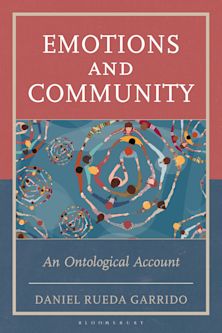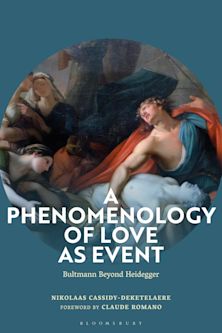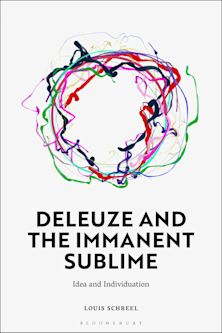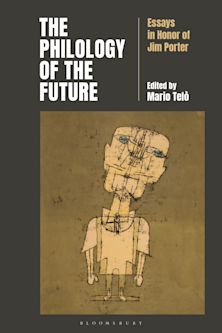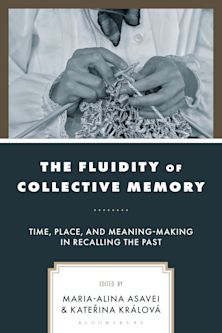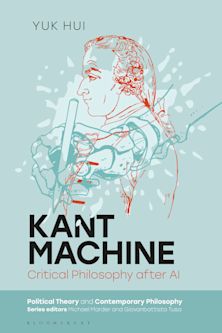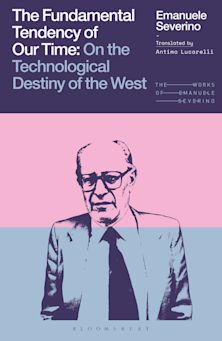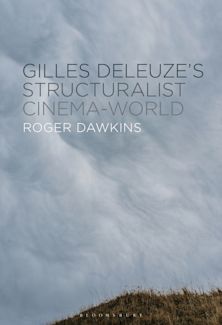- Home
- ACADEMIC
- Philosophy
- Continental Philosophy
- The Essence of Truth
You must sign in to add this item to your wishlist. Please sign in or create an account
Description
The Essence of Truth is an examination of the most fundamental theme in Heidegger's philosophy: the difference between truth as 'the unhiddenness of beings' and truth as 'the correctness of propositions'. Based on a course of lectures delivered at the University of Freiburg in 1932, the book presents Heidegger's original analysis of Plato's philosophy and represents an important discussion of a fundamental subject of philosophy through the ages.
Table of Contents
Publisher's Note
I. The Idea of Philosophy and the Problem of Worldview
Preliminary Remarks
Introduction
Part I. The Idea of Philosophy as Primordial Science
1. The Search for a Methodological Way
2. Critique of Teleological-Critical Method
Part II. Phenomenology as Pre-Theoretical Primordial Science
1. Analysis of the Structure of Experience
2. The Problem of Presuppositions
3. Primordial Science as Pre-Theoretical Science
II. Phenomenology and Transcendental Philosophy of Value
Introduction
Part I. Historical Presentation of the Problem
1. The Genesis of Philosophy of Value as the Cultural Philosophy of the Present
2. Windelband's Grounding of Modern Transcendental Philosophy of Value
3. The Further Development of Value-Philosophy by Rickert
Part II. Critical Considerations \ Appendix I: On the Nature of the University and Academic Study
Appendix II: The Idea of Philosophy and the Problem of Worldview
Short Glossary
Index
Product details

| Published | 24 Oct 2013 |
|---|---|
| Format | Ebook (PDF) |
| Edition | 1st |
| Extent | 256 |
| ISBN | 9781472525376 |
| Imprint | Bloomsbury Academic |
| Series | Bloomsbury Revelations |
| Publisher | Bloomsbury Publishing |
About the contributors
Reviews
-
"It would be difficult to overestimate the importance of these lecture courses for an understanding of the development of Heidegger's thinking; yet in the very act of illuminating this development, they also throw new light on many of the most fundamental ideas figuring in 'Being and Time' itself. This book will be essential reading for anyone looking for the argumentation behind Heidegger's unique conception of human existence."--Ian Lyne, University of Durham












